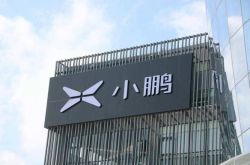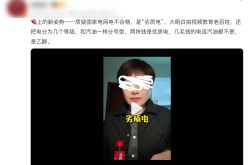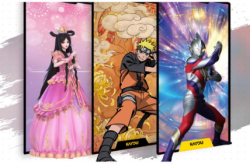```html Although traffic is good, don't overdo it
![]() 06/28 2024
06/28 2024
![]() 550
550

Lead
Introduction
In today's Chinese auto market, traffic anxiety has become a disease.
Author: Cui Liwen
Editor in Charge: Yang Jing
Editor: He Zengrong
This Tuesday, very punctually, Lixiang released the sales figures for new Chinese brands in the market from June 17th to June 23rd, 2024. Among this list, besides seeing the fierce competition between Lixiang and Wenjie, Xiaomi's weekly sales quietly climbed to 0.33 million vehicles, which is also worthy of attention.
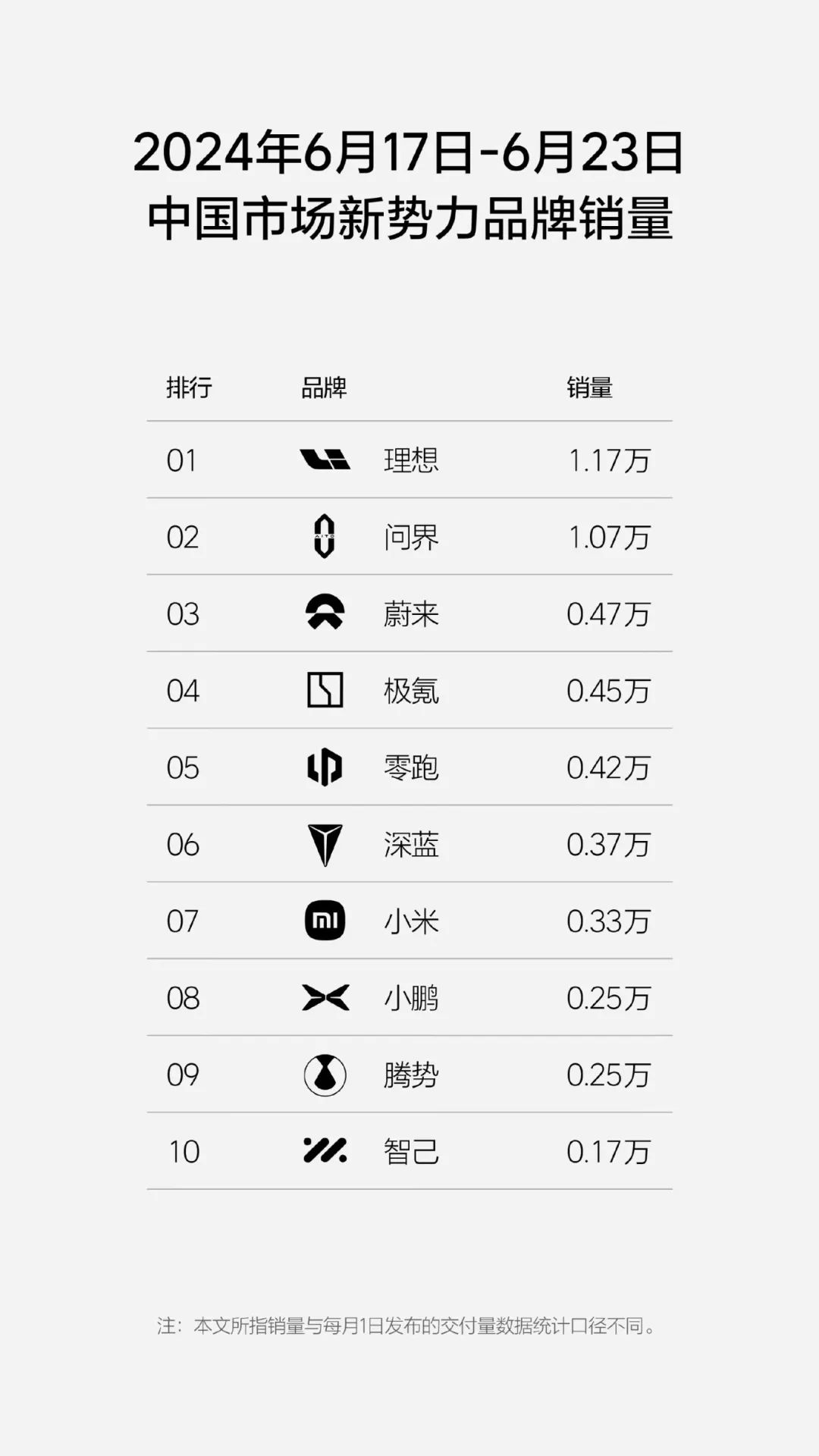
According to the current momentum, CEO Lei Jun previously stated: "Xiaomi's car factory will start double shifts in June, and we will ensure the delivery of 10,000 vehicles that month. We will deliver at least 100,000 vehicles throughout the year and strive to reach 120,000 deliveries."
The possibility of realization is undoubtedly increasing continuously.
From an onlooker's perspective, I always ponder a question: "What is the most profound impact and significance of Xiaomi's arrival for the Chinese auto industry?"
Does it prove that there is still great potential to tap in the new energy market? Does it prove that the pure electric sedan market is not dominated by Tesla alone? Or, does it prove how vulnerable some so-called joint venture competitors are?
I believe everyone has different answers.
In my heart, however, I prefer to vote for: "Lei Jun and Xiaomi almost proved to everyone with their own efforts how important high-quality traffic is in this era of increasingly turbulent smart electric vehicles."
Of course, learning from Lei Jun and imitating Xiaomi's marketing is not wrong, but ultimately, it still needs to be adapted to local conditions.
Traffic vs. High-Quality Traffic
This week, there was news that Xiaopeng CEO He Xiaopeng personally experienced Tesla's latest autonomous driving system FSD V12.3.6 during his visit to the United States and revealed that the software is expected to enter the Chinese market this year.
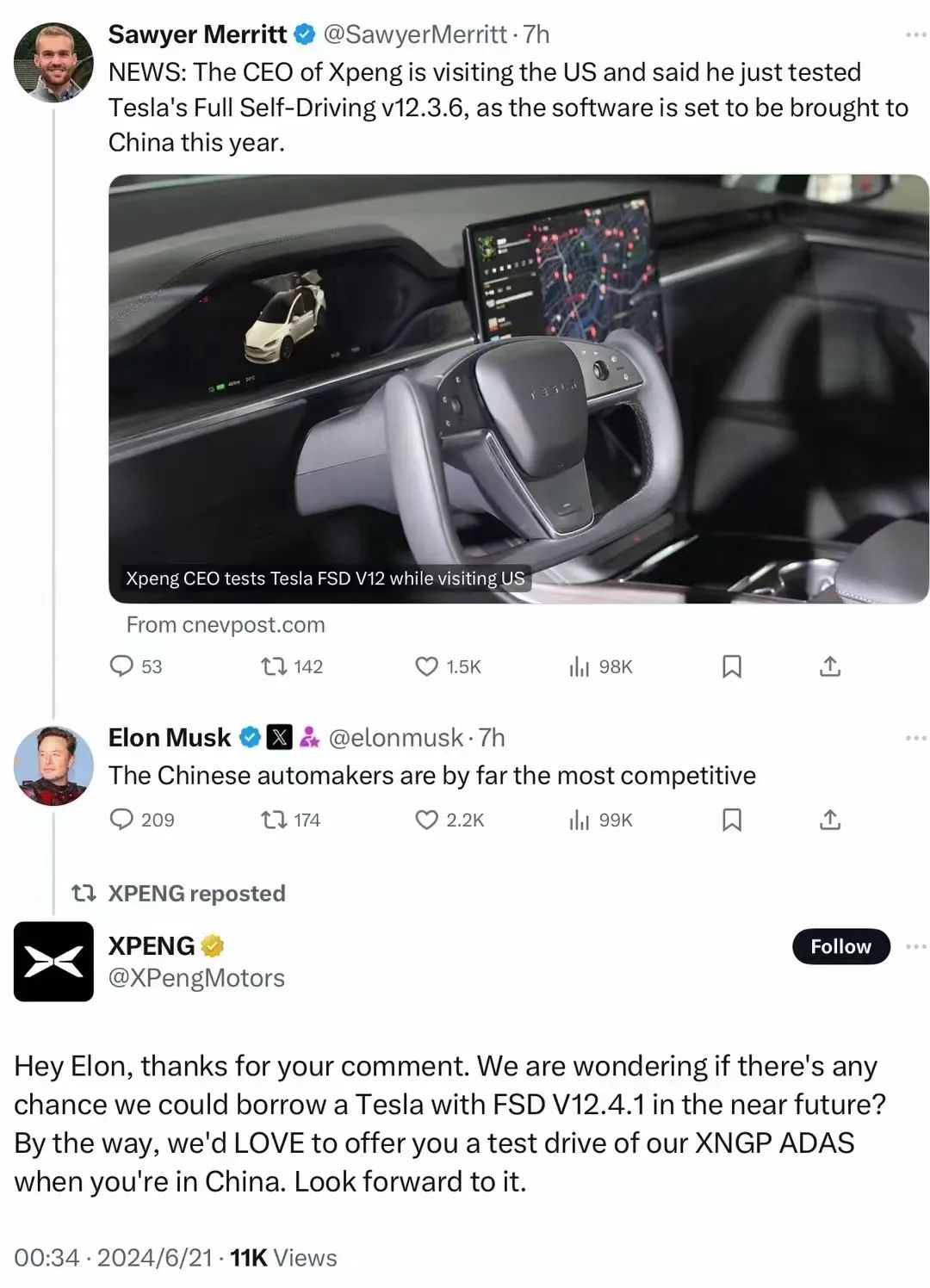
Soon after, Musk left a comment under the content, saying, "Chinese automakers are demonstrating strong competitiveness globally."
Not long after starting the praise mode, Xiaopeng's official account responded to Musk's comment, "We want to know if there is an opportunity to borrow a Tesla equipped with the FSD V12.4.1 beta version in the near future? By the way, when you come to China, we would be happy to provide you with a test drive of Xiaopeng's new car, looking forward to your arrival."
At that time, the subtle dialogue had already sparked people's imagination.
Little did they know that just a day later, He Xiaopeng suddenly updated his Weibo, confirming the authenticity of the above revelations and announcing that his report on experiencing Tesla's FSD would soon be released.
Later that evening, a video lasting nearly 35 minutes arrived as scheduled.
After watching the entire video, on the one hand, I deeply felt He Xiaopeng's sincerity and honesty as Xiaopeng's "number one," generously praising competitors; on the other hand, it was also very cleverly promoting and warming up for Xiaopeng's own XNGP.
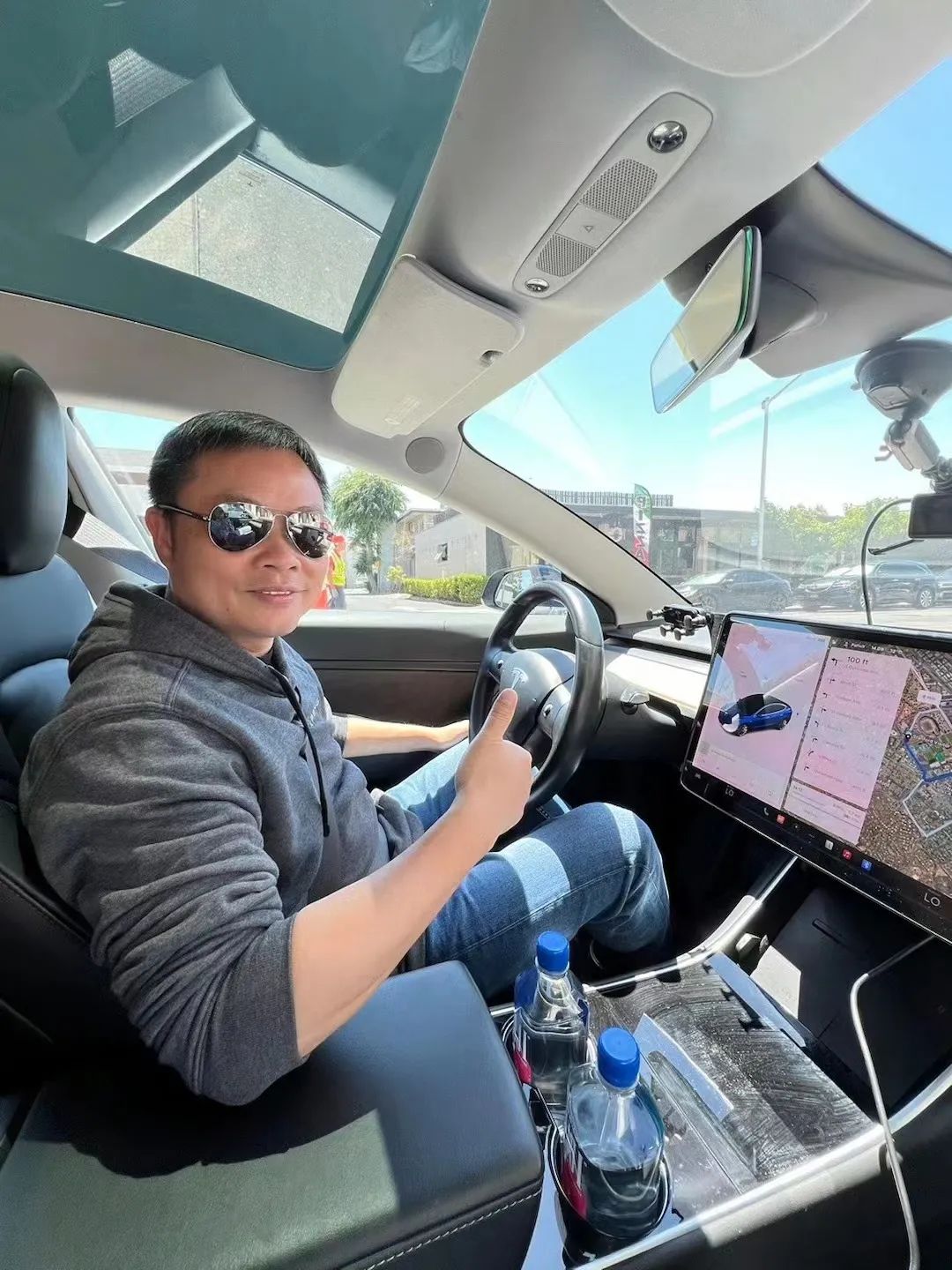
As the atmosphere gradually built up, relevant discussions on the internet became increasingly heated, and Xiaopeng's "number one" in intelligent driving, Li Liyun, took the stage.
"I'm looking forward to the actual experience of FSD entering China and also to letting XNGP and FSD compete on the same stage. Xiaopeng's upcoming heavy-hitting version will be truly nationwide, easy to drive nationwide, and will be fully rolled out in July."
Up to this point, it was suddenly discovered that the entire process, from start to finish, was originally a carefully planned marketing event by Xiaopeng, and they cleverly found the world's strongest benchmark, rather than limiting themselves to domestic comparisons again.
Of course, from the perspective of this emerging auto brand, "intelligent driving" has always been its most important tag and strength. After suffering significant losses from last year's confrontation with Huawei and other brands investing heavily in this dimension, Xiaopeng undoubtedly urgently needs another标志性节点 to re-establish its reputation.
Fortunately, the results are not too bad.
From this perspective, this section spends a considerable length to elaborate on such a typical case, wanting to express the view that only sufficient high-quality traffic can play a positive role for an automaker.
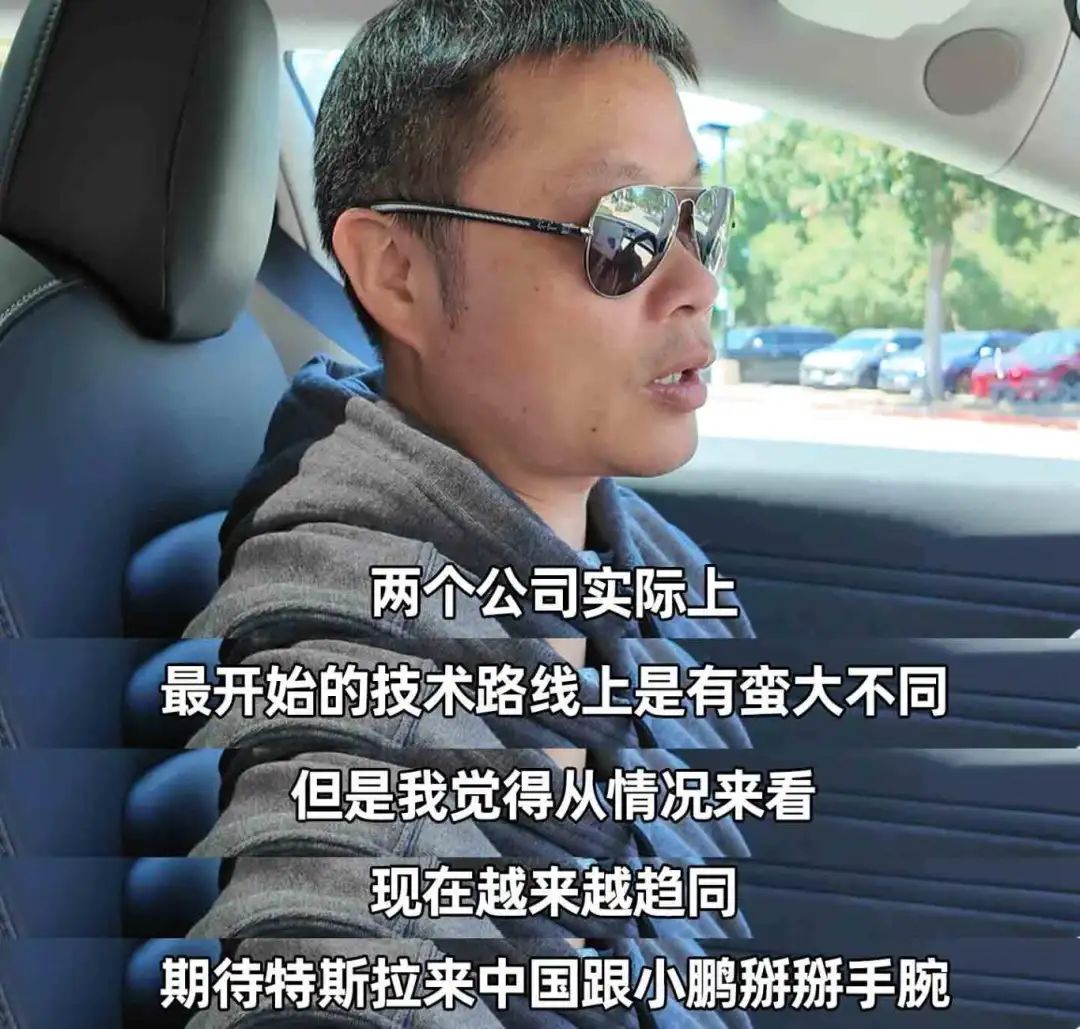
Whether it's the interaction between Xiaopeng's official account and Musk, or He Xiaopeng's hands-on video, or Li Liyun's relatively appropriate announcement, the control of rhythm, the use of techniques, and the release of information are all worth studying by other automakers.
In contrast, throughout the first half of the year, perhaps the anxiety of pursuing high-quality traffic quickly spread to every corner of the Chinese auto market.
It is no exaggeration to say that we have witnessed too many OEMs blindly rushing to implement various operations for it, making consumers feel surprised and resistant, and even suffering severe backlash.
For example, take live streaming as an example. Ask how many executives from independent and joint venture brands initially chose to charge forward, and now almost no one is still seriously persisting.
For example, enthusiastically opening personal Weibo to voice opinions, only to find out that it was pure formalism, and they all handed over the maintenance to agency companies.
Another example is a well-designed new car launch, with the crazy shouting of competitors upside down, ultimately neglecting to properly introduce even the blockbuster products...
The above points are just a few snapshots of many magical scenarios, and the title of today's article is the advice I am giving. Often, for some automakers, they earn traffic, but it is not the high-quality traffic they eagerly anticipate.
Similar maladies are plaguing many brands, especially those that are fully betting on "electrification".
Looking Behind High-Quality Traffic
Recently, I heard an interesting viewpoint: Xiaomi SU7's initial success was due to catching a sufficiently appropriate "trend."
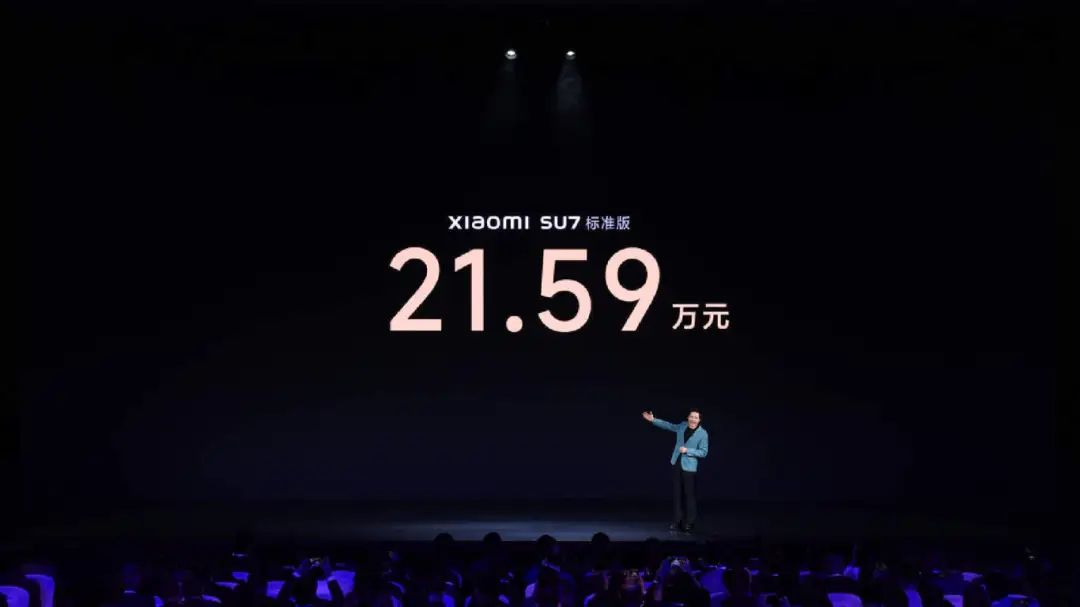
The overall penetration rate of new energy vehicles has increased dramatically, consumers' acceptance of new brands has gradually increased, the raw material prices of power batteries have continued to decline, the experience gap between various intelligent driving and cabins has not widened, and the transformation pace of joint venture brands is still lagging... Anyway, luck also plays a certain role.
I agree with this.
However, I would like to add that: "The popularity of Xiaomi SU7 is definitely also related to its empowerment by high-quality traffic. In addition, and most importantly, the product itself has not made too fatal mistakes."
From the styling design of the exterior and interior, to the dynamic driving quality of the entire vehicle, to the maturity of the three-electric system, to the experience of the intelligent cabin and driving, including the final listing price, it must be admitted that Xiaomi SU7's moves have basically hit the target customer group's hearts.
As the first assignment submitted by a "newbie" in car manufacturing, although it is not perfect, it can at least receive a "good" evaluation.
It is precisely based on this background that Xiaomi SU7's performance once again confirms the timeless survival rule: "No matter what high-quality traffic or out-of-the-box marketing it is, ultimately, it is just the icing on the cake. The most fundamental decisive factor for becoming a hit is still that one needs to be strong on their own."
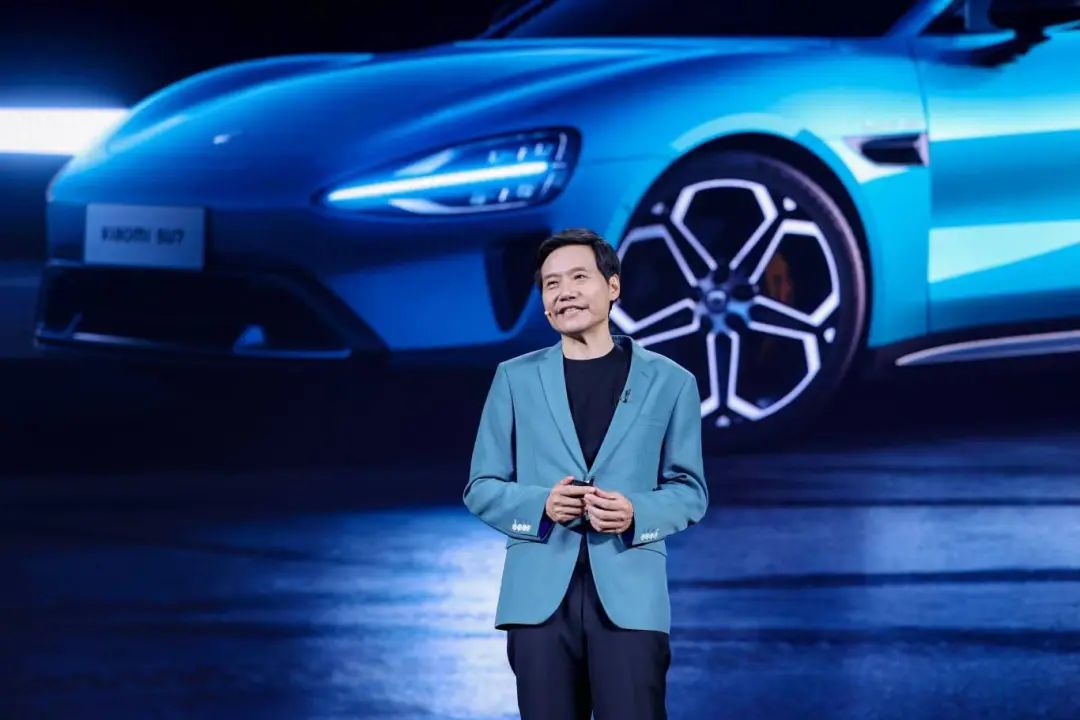
After all, in the era of smart electric vehicles, the problem of increasingly "homogenized" products is still prominent, which leads to an extremely low "fault tolerance rate" for OEMs in the process of introducing new products. In other words, on the basis of building so-called "bucket cars," it is necessary to continue to find a few "long boards" to have the capital to stand firm.
Looking back at the first half of this year, many contestants who could easily spot "shortcomings" even after making twice the effort in many other dimensions, still inevitably played the role of unwanted "cannon fodder" in the bloody overall market. The fact is so cruel.
"The Chinese auto market is really too competitive, to the point that it's making everyone feel suffocated."
It is not made up; such a complaint genuinely comes from an employee of a certain OEM's marketing department. In his daily work, he not only has to be responsible for writing the new car launch plan, but his immediate supervisor also requires him to attend so-called "brainstorming meetings" every day, the purpose of which is to frantically search for hot topics that their brand can piggyback on.
My advice, however, remains the same: "Although traffic is good, don't overdo it. Instead of doing a lot of useless work in car manufacturing, it's better to listen to user feedback and quickly iterate on your own products."
The ironic point is that everyone understands the truth, but many people cannot change anything. Today's Chinese auto market, traffic anxiety has become a disease.
More and more OEMs are suffering from it...
```


